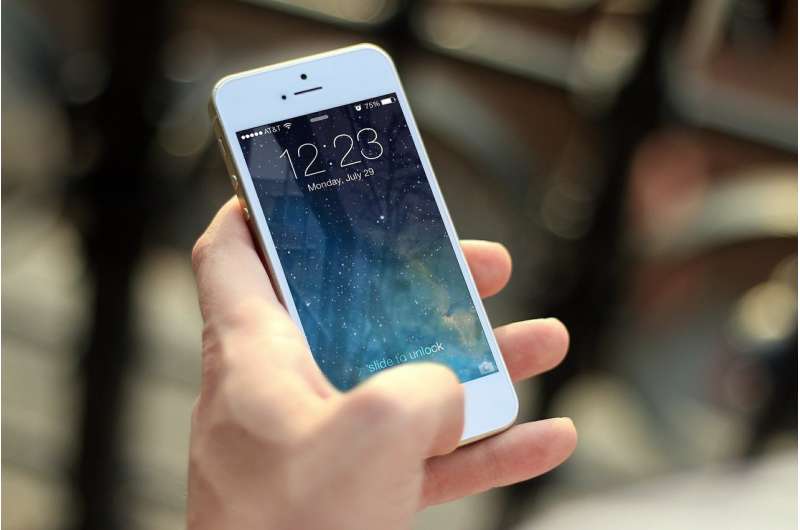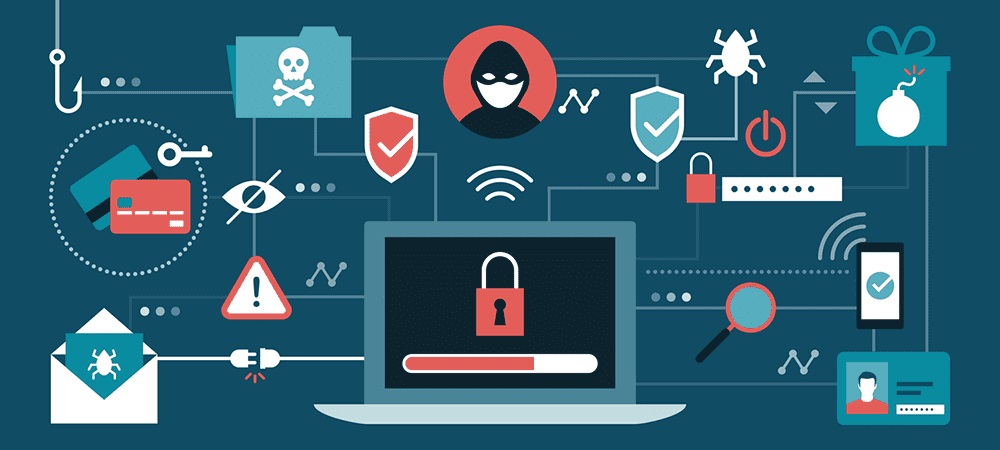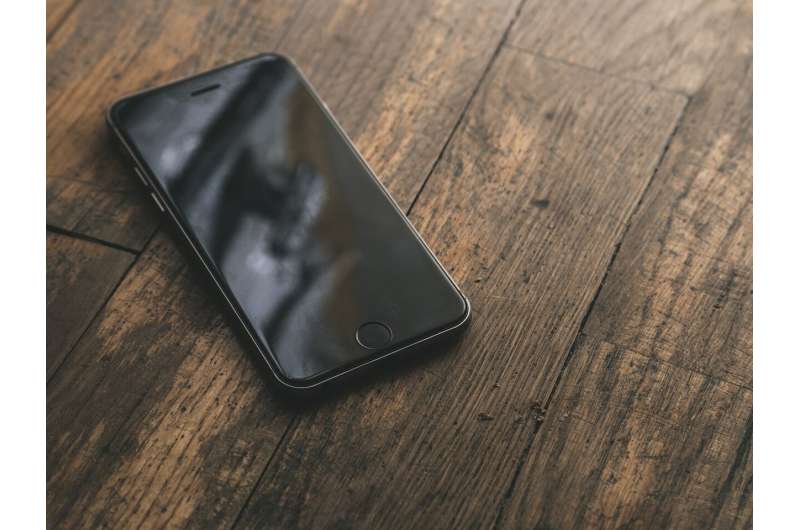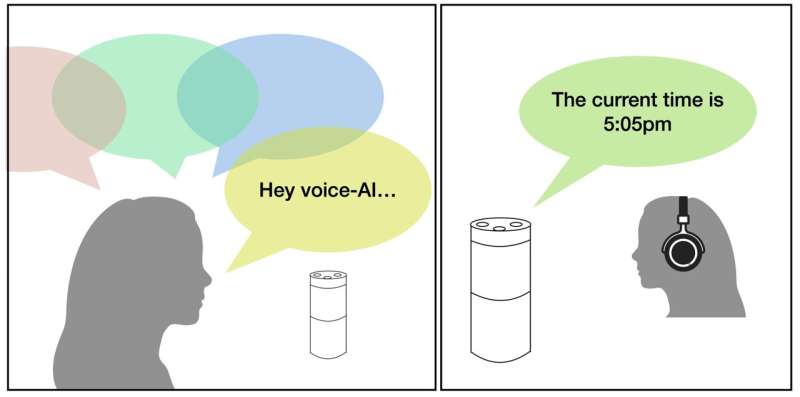
Privateness and security measures that purpose to offer customers extra keep watch over over the sharing in their knowledge by means of smartphone apps are extensively misunderstood, presentations new analysis from the College of Bathtub’s College of Control.
Within the learn about, 43% of telephone customers have been puzzled or unclear about what app monitoring manner. Folks usually mistook the aim of monitoring, pondering that it was once intrinsic to the app serve as, or that it will supply a greater consumer enjoy.
App monitoring is utilized by corporations to ship centered promoting to smartphone customers.
When iPhone customers first open an app, a pop-up asks whether or not they wish to permit the app corporate to trace their task throughout different apps. They are able to select both ‘Ask App To not Observe’ or ‘Permit’, as presented by means of Apple’s App Monitoring Transparency framework in April 2021. Android customers should get entry to monitoring consent by way of their telephone settings.
If folks choose out of monitoring, their use of apps and internet sites on their tool can not be traced by means of the corporate, and the information cannot be used for centered promoting, or shared with knowledge agents.
The most typical misapprehension (24%) was once that monitoring refers to sharing the bodily location of the tool—slightly than tracing the usage of apps and internet sites. Folks concept they had to settle for monitoring for meals supply and assortment products and services, comparable to Deliveroo, or for well being and health apps, as a result of they believed their location was once integral to the functioning of the app.
Whilst simply over part of contributors (51%) mentioned they have been involved in privateness or safety—together with safety in their knowledge after it were accrued—research confirmed no affiliation between their worry for privateness of their day-to-day lifestyles and a decrease charge of monitoring acceptance.
“We requested folks about their privateness considerations and anticipated to look people who find themselves involved in protective their privateness permitting fewer apps to trace their knowledge, however this wasn’t the case,” mentioned Hannah Hutton, postgraduate researcher from the College of Bathtub’s College of Control. “There have been important misunderstandings about what app monitoring manner. Folks usually believed they had to permit monitoring for the app to serve as as it should be.
“One of the crucial confusion is perhaps because of loss of readability in wording selected by means of corporations within the monitoring activates, which might be simple to misread. For instance, when ASOS mentioned ‘We’re going to use your knowledge to come up with a extra customized ASOS enjoy and to make our app much more superb’ it is almost certainly no marvel that individuals concept they have been choosing further capability slightly than simply extra related advertisements.”
Even supposing the primary textual content of the instructed for app monitoring consent is standardized, app builders can come with a sentence explaining why they’re inquiring for monitoring permission, and it will open the door to false or deceptive data, both deliberately or unknowingly.
Different misconceptions integrated believing that consenting to sharing for well being apps (comparable to duration monitoring apps) would imply personal knowledge being shared, or that denying monitoring would take away advertisements from the app.
The learn about, “Exploring Consumer Motivations In the back of iOS App Monitoring Transparency Choices,” is revealed within the Lawsuits of the 2023 CHI Convention on Human Elements in Computing Methods and was once introduced on the CHI23 convention in Hamburg, Germany (April 23-28). It’s considered the primary educational research of the selections folks make when confronted with monitoring requests.
The researchers accrued knowledge at the monitoring choices of 312 learn about contributors (elderly 18 to 75) and analyzed causes for permitting or rejecting monitoring throughout a spread of apps, together with social media, buying groceries, well being, and meals supply.
David Ellis, a Professor of Behavioral Science and co-author, added, “This analysis additional exposes how maximum customers aren’t conscious about how their virtual knowledge is getting used. On a regular basis hundreds of thousands folks percentage data with tech corporations and whilst a few of this knowledge is very important for those products and services to serve as as it should be, different knowledge lets them generate cash from promoting earnings. For instance, Meta predicted that they might lose $10 billion from folks rejecting monitoring.”
“Whilst folks at the moment are aware of the advantages of having PIN numbers and facial popularity to give protection to our gadgets, extra paintings must be carried out so folks could make clear choices about what different knowledge is used for within the virtual age.”
Additional info:
Hannah J Hutton et al, Exploring Consumer Motivations In the back of iOS App Monitoring Transparency Choices, Lawsuits of the 2023 CHI Convention on Human Elements in Computing Methods (2023). DOI: 10.1145/3544548.3580654
Quotation:
Analysis presentations cell phone customers don’t perceive what knowledge they may well be sharing (2023, Would possibly 9)
retrieved 16 Would possibly 2023
from https://techxplore.com/information/2023-05-mobile-users.html
This file is matter to copyright. Aside from any honest dealing for the aim of personal learn about or analysis, no
section is also reproduced with out the written permission. The content material is supplied for info functions best.
Supply Via https://techxplore.com/information/2023-05-mobile-users.html




